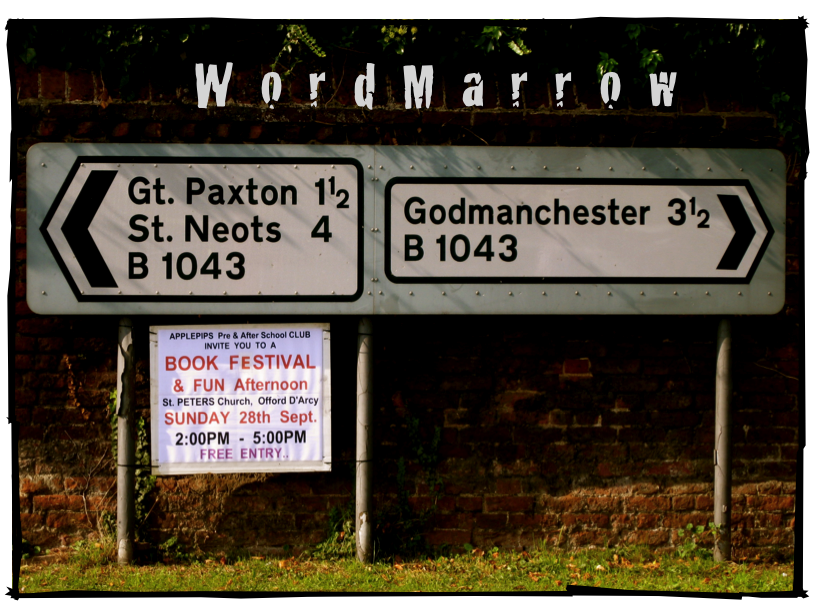What we need instead is to be in the world, to know what the rest of society is feeling and thinking and struggling with. And that means watching movies and TV and reading books, but being discerning at the same time, so that we can contribute to the conversation. Because sometimes it’s too easy as Christians to find ourselves caught up in our comfortable lives. It’s easy to forget that other people have questions, and we might have the answers.
And then, once we’re outside our front door and in the throes of reality, that’s when we remember not to be “of” the world, as Jesus said. Our faith is unlike any other faith in that it is not based on rules—it is based on forgiveness. Apart from all the church-a-nese we may have learned, that’s what it comes down to when we’re in mainstream culture. People are desperately trying to survive, to figure out life, to have fun, to contribute to society, and the last thing they want is another institution governing their lives. What they need instead is hope, and a promise they won’t have to work for.
It’s sort of like if kids went to the Mall and sat on Santa’s lap and later found out that Santa actually worked for the mall. The man who had heard their deepest desires and who promised the sort of happiness you can only get once a year was just an anonymous stranger with a fake beard needing extra cash. And he was skinny under the pillow. When kids realize that Santa is just another actor in the commercialism of Christmas, they stop believing.
The church has to stand out. It has to be blazingly different than the rest of the world. If the church does not stand out as separate from the state, or if it conforms to the pop culture like the rest of the world, it will be seen as a governing institution rather than a redemptive community. And the world will stop believing.


2 comments:
so...can i, like...buy the book this excerpt came from??? :)
So, I think that you and I need to talk soon, because we have a lot of the same feelings about this sort of thing... The church is somewhat disappointing to me (and that's pretty bad as a professional church worker...)
Post a Comment